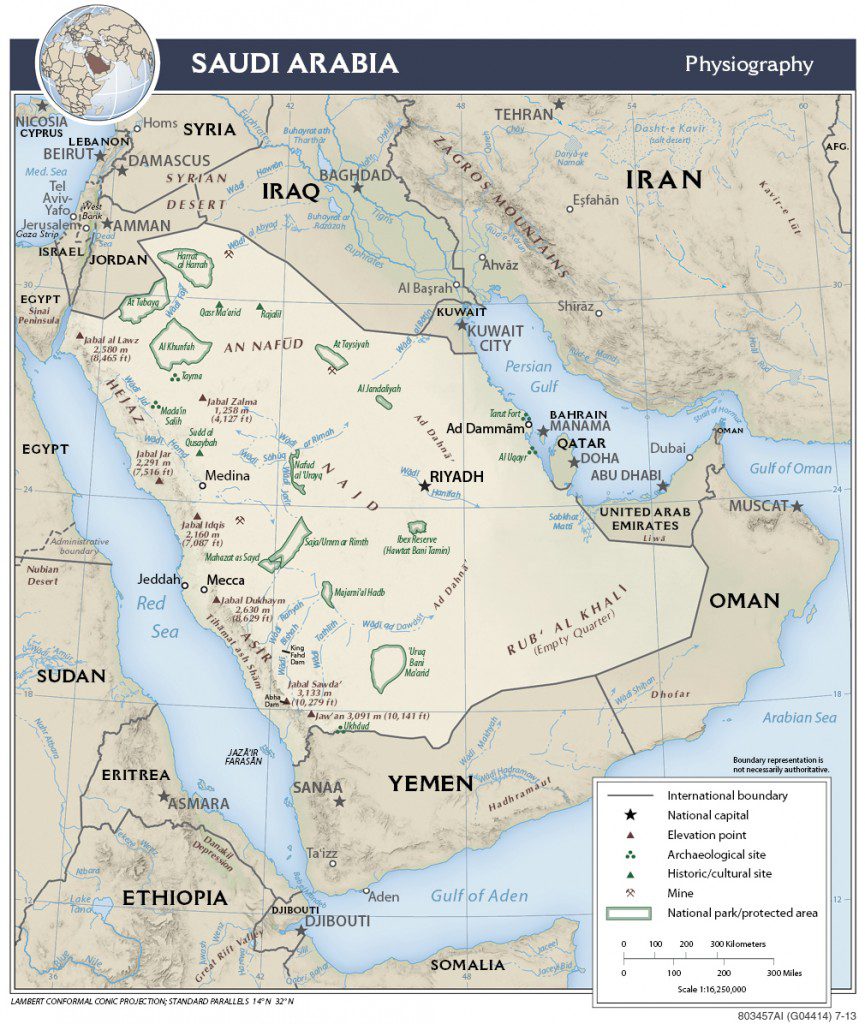
(Wikimedia Commons public domain)
Another passage from my manuscript on Islam for Latter-day Saints:
Muslims should be just, but should soften that justice with kindness and with generosity to the needy and the dispossessed and, above all, to their kinfolk. The Qur’an commends such actions as
The freeing of a slave,
or giving food upon a day of hunger
to an orphan near of kin
or a needy man in misery.[1]
Certainly, people should not commit adultery, nor murder, but should restrain their appetites and passions. (According to the Qur’an, the unrighteous have made their appetites into gods.)[2] Fasting is a specific instance of how the human soul could learn to control the appetites of its physical body. Fortitude and patience in adversity and trial are highly esteemed virtues in the Qur’an, essentially as they were in pre-Islamic Arabia. “Do not swear,” the Qur’an advises believers. “Honourable obedience is sufficient.”[3] Crowning these practical virtues are what might be called theological virtues: The truly righteous will hold to a monotheistic belief in God, the Last Day, the angels, and the scriptures and the prophets. They will worship no other god but the one true God and will believe in and fear the just judgment of God at the end of time.
In some respects, the detailed rules of the Qur’an seem reminiscent of the laws of Judaism. For example, carrion, blood, and the flesh of swine are forbidden to Muslims by the Qur’an, as is the flesh of strangled, beaten, or gored animals and the meat of animals killed by predators or by a fall. This prohibition extends as well to flesh dedicated to other gods and to meat that has been sacrificed to idols.[4] Believers are told by the Qur’an to eat only of meat that has been consecrated in the name of God.[5] The fact that these dietary rules are similar to those of the Jews was not unknown to the Muslims, for the Qur’an itself links the two, saying only that Jewish rules are stricter because the Jews were unrighteous and were therefore punished by God with a more rigid dietary code.[6] But it is not only in matters of food that Islam seems to echo Jewish regulations. In another note reminiscent of Old Testament legislation, the Qur’an lays out forbidden degrees of kinship in marriage.[7]
[1] 90:13-18 (Arberry).
[2] 25:42.
[3] 24:53. Compare the words of Jesus at Matthew 5:33-37.
[4] 2:173; 5:3; 6:145. Compare the counsel given by the apostles at Acts 15:19-20, 28-29.
[5] 6:118, 121.
[6] 5:5; 6:146.
[7] 4:23.










